Blog

COP15 has ended – what does this mean for wetlands?
At Victoria Falls in Zimbabwe, 172 contracting parties met to discuss the degradation of wetland ecosystems. Here we take a look at the key outcomes for wetlands, people and wildlife.
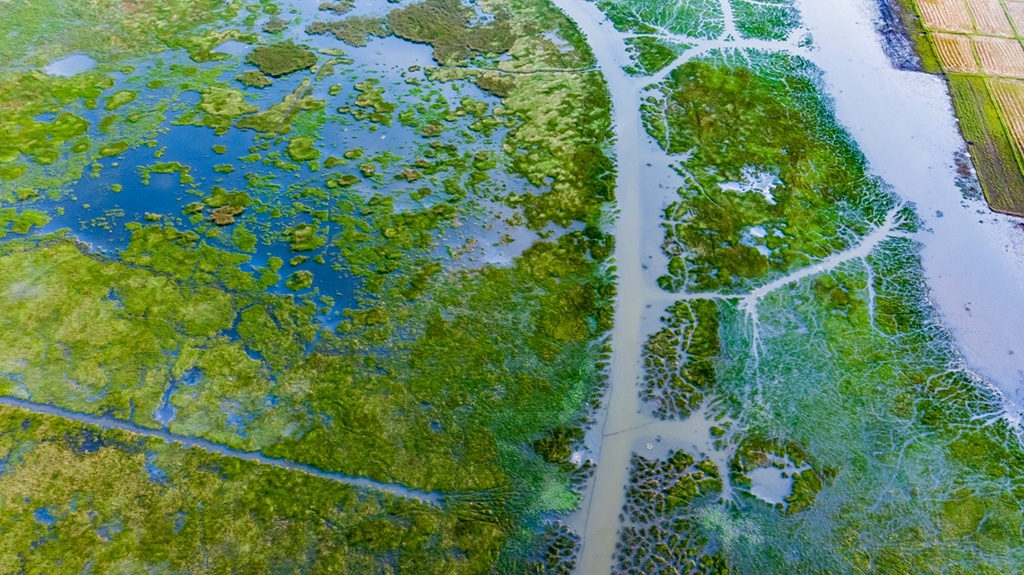
What is Wetlands COP?
WWT’s commitment to protecting wetlands and wetland wildlife extends beyond borders. Here we dive into the international conference set up to protect these superpowered habitats.
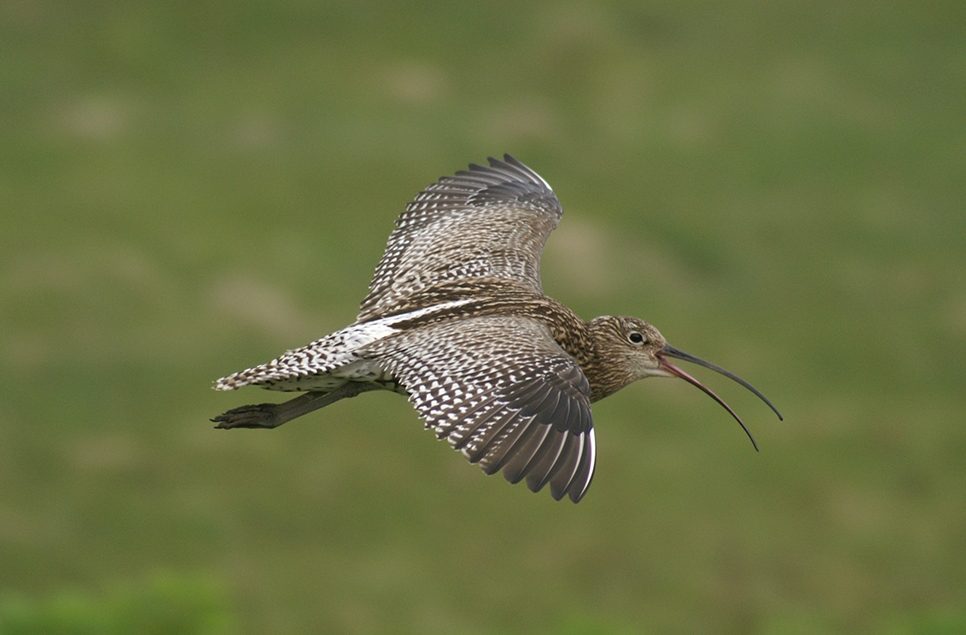
Curlew chronicles: A dry spring brings a burst of new life in the Severn and Avon Vales
Britain holds a quarter of the world’s curlew population. But in our changing landscapes, they are increasingly unable to rear chicks. WWT is working to understand why and reverse the decline. So, what have we been up to recently?
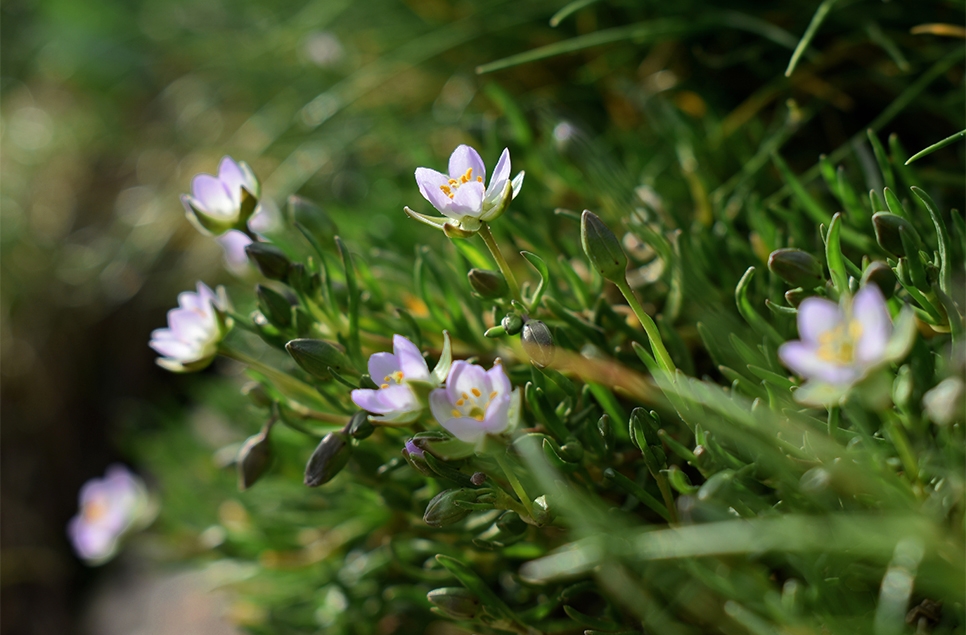
7 superheroes of the saltmarsh
Discover the secret life of saltmarsh plants. These unsung heroes support wildlife, combat climate change and help protect our coasts.
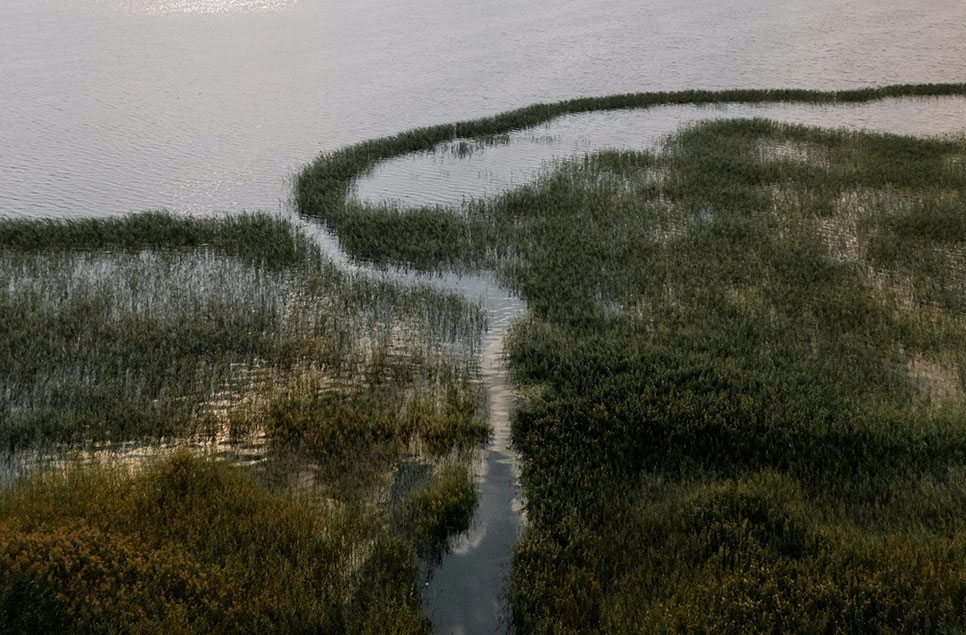
Bristol’s wetland secrets
As Bristol has grown from a small fort settlement to a vibrant city, many of its wetlands have been lost. But at the city’s Festival of Nature, Bristol’s muddy, marshy history is surfacing for one weekend.
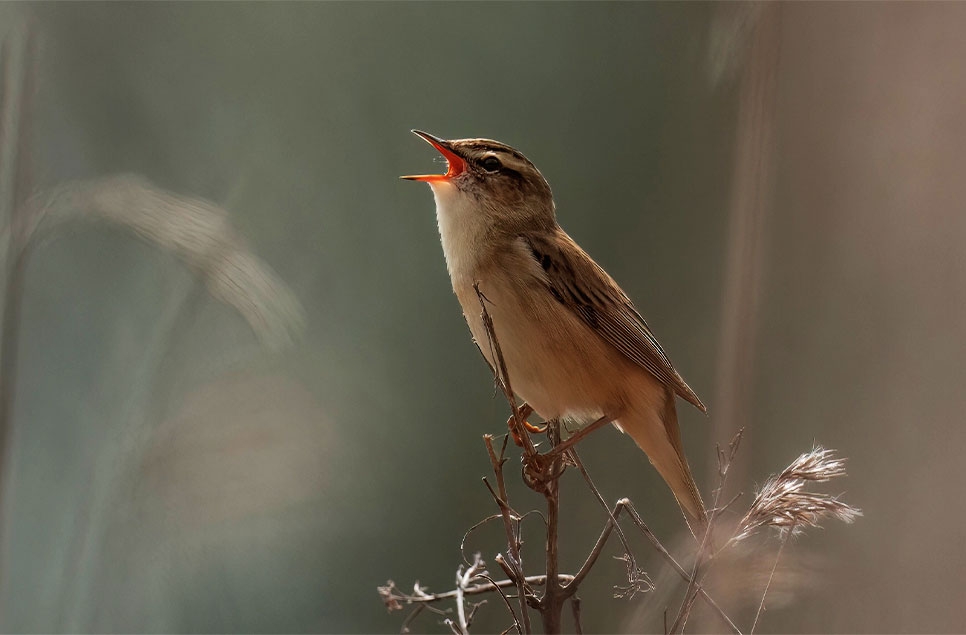
Discover the wildlife seen at WWT wetlands this spring
Spring arrived on our reserves with a spectacular show of British wildlife across WWT’s wetlands. From dazzling butterflies and migrant birds to herons and spoonbills stealing the show, discover the seasonal stars that have been gracing our wetlands.
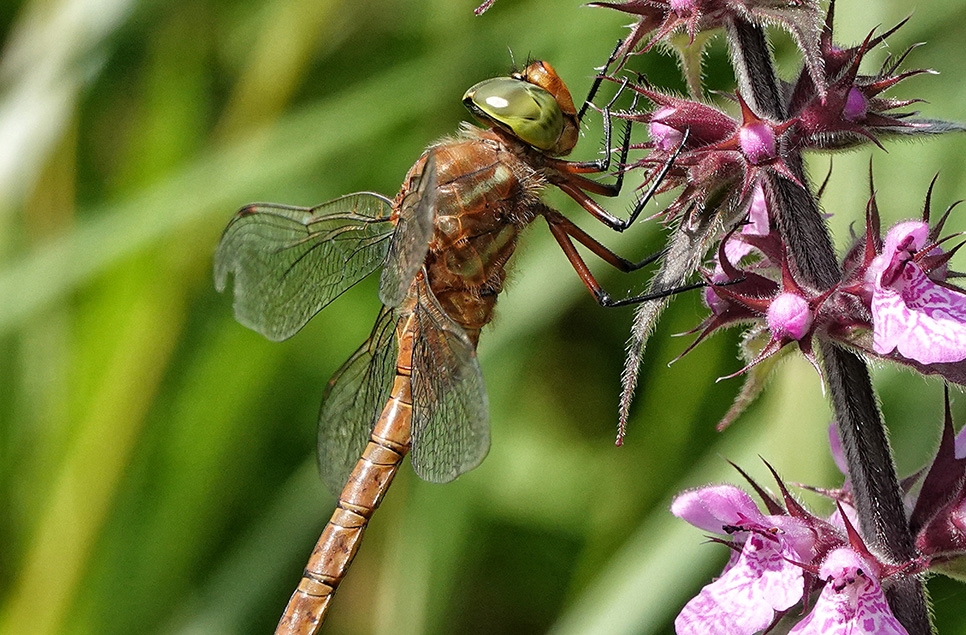
Dragonfly delights: WWT’s wetlands and the wonders they bring
Curious about dragonflies? These dazzling insects, with their shimmering wings and acrobatic flight need healthy wetlands to thrive, and that’s where WWT comes in! We caught up with WWT’s Penny Smallshire, to find out how we’re protecting their habitats, what exciting dragonfly sightings await at our wetland sites and what’s in store at our upcoming Dragonfly Festival.
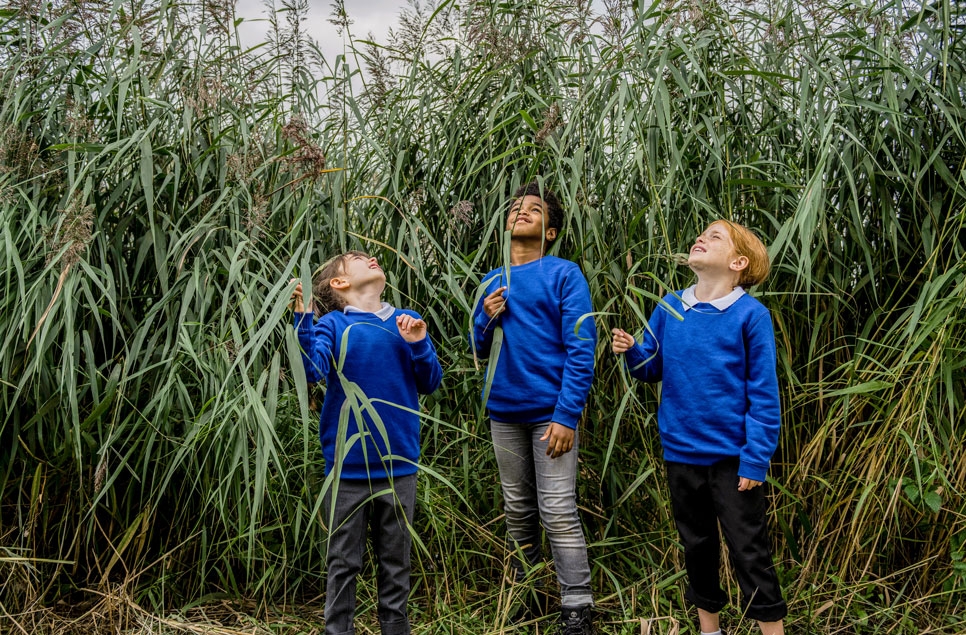
Generation Wild breaks down barriers
Nature is for everyone but for many children, access isn’t easy. Generation Wild is changing that by breaking down the barriers preventing children from experiencing nature’s magic.
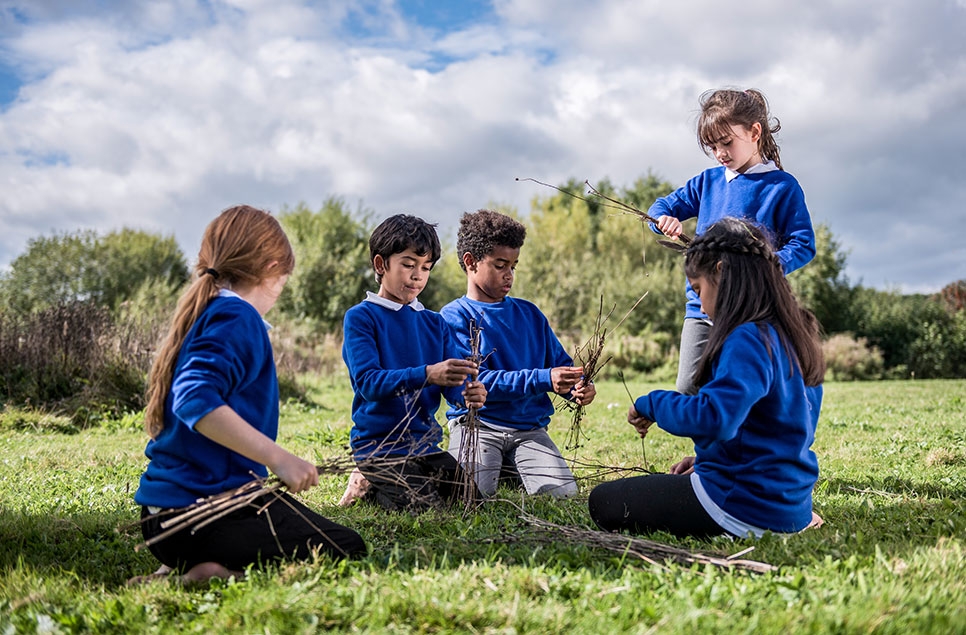
The magic of nature: transforming young lives with Generation Wild
Imagine a world where every child has the chance to connect with nature, explore their imaginations and boost their mental wellbeing.
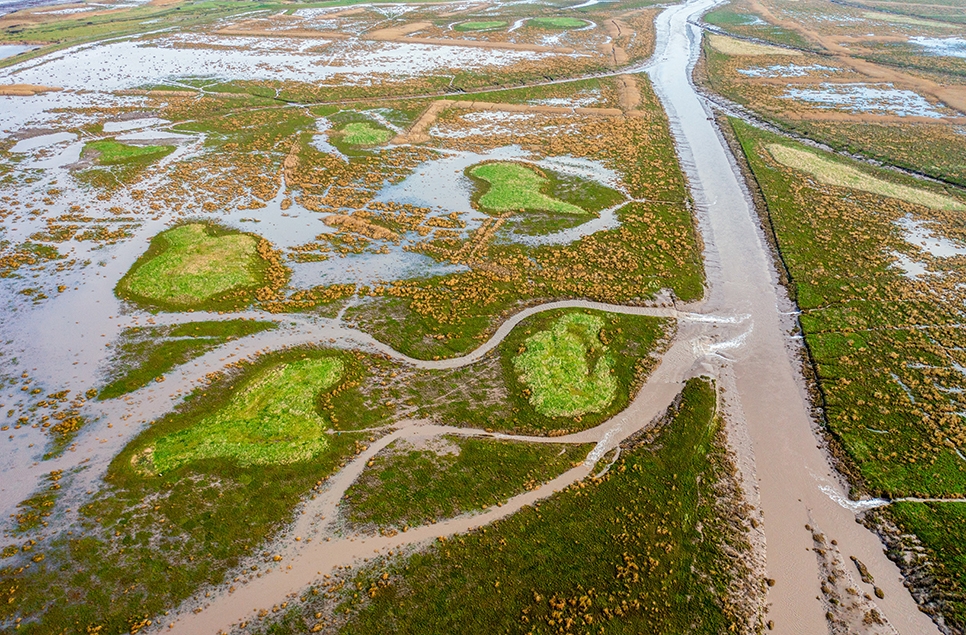
10 years of WWT Steart Marshes: how local communities are engaging with one of the UK’s largest new saltmarshes
From grazing cattle to local artistry, explore how WWT Steart Marshes – a vast saltmarsh on the Somerset coast – has transformed local connections to the land.
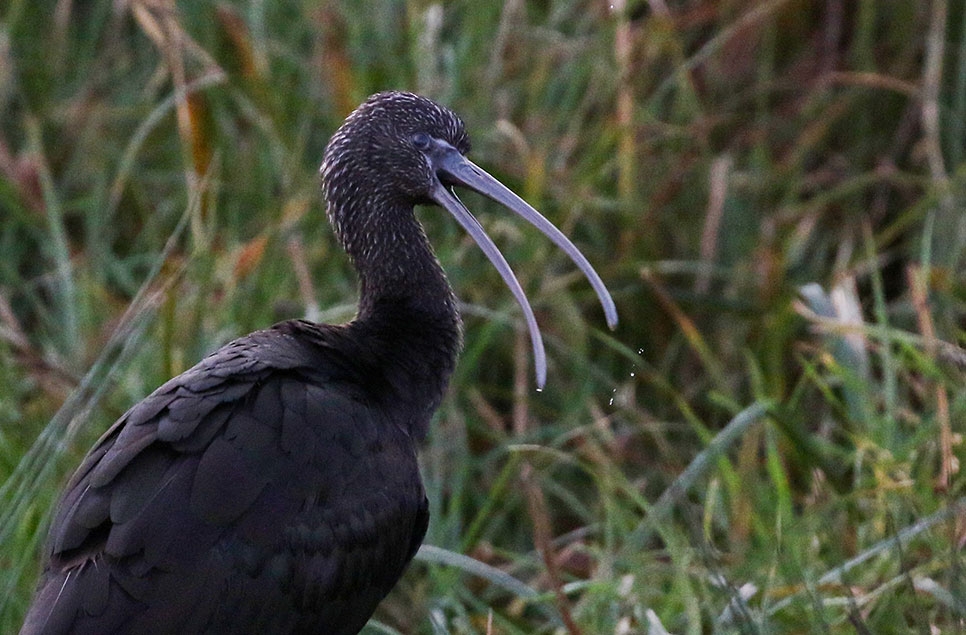
Wings and wonders: winter wildlife adventures at WWT reserves
Explore the best of winter wildlife at WWT reserves.
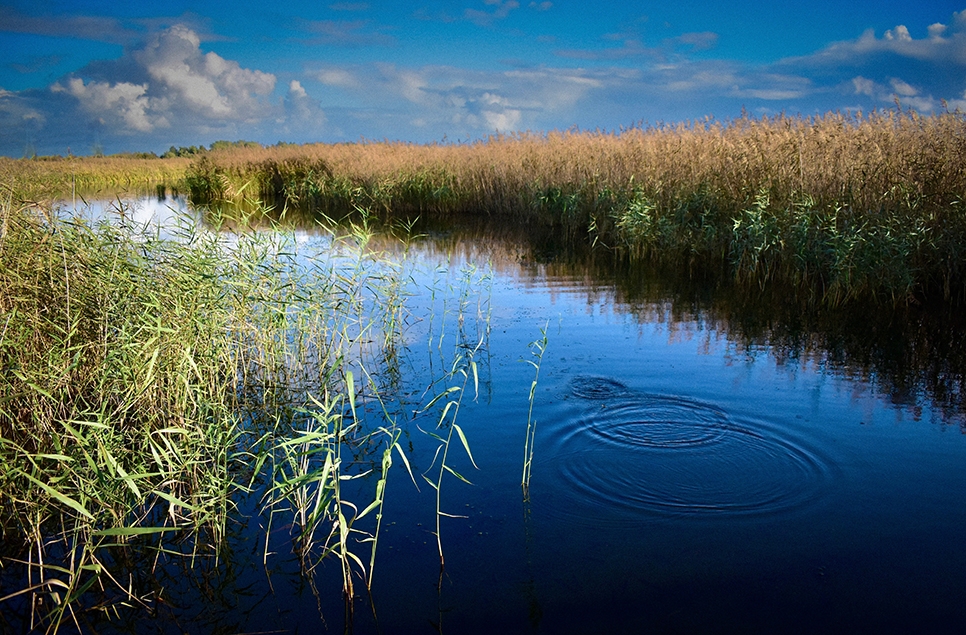
Our favourite non-WWT wetland sites
Here at WWT we’re lucky to manage 10 of the best wetland sites in the world, but there are plenty of other wetlands all across the UK that are worth shouting about.
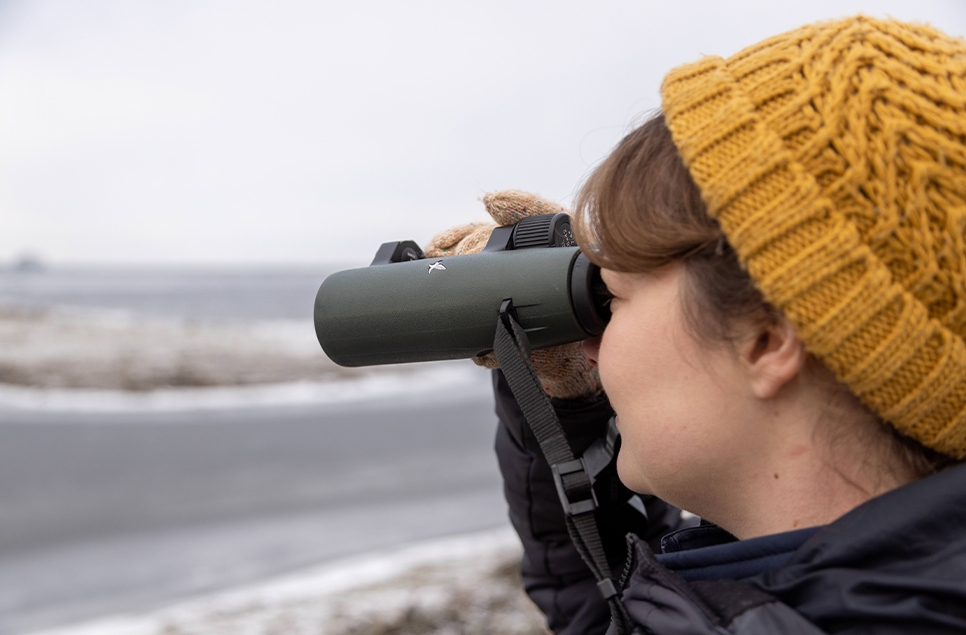
Start a bird list this winter
As we welcome in the New Year, there's no better time to start thinking about doing a birding year list.
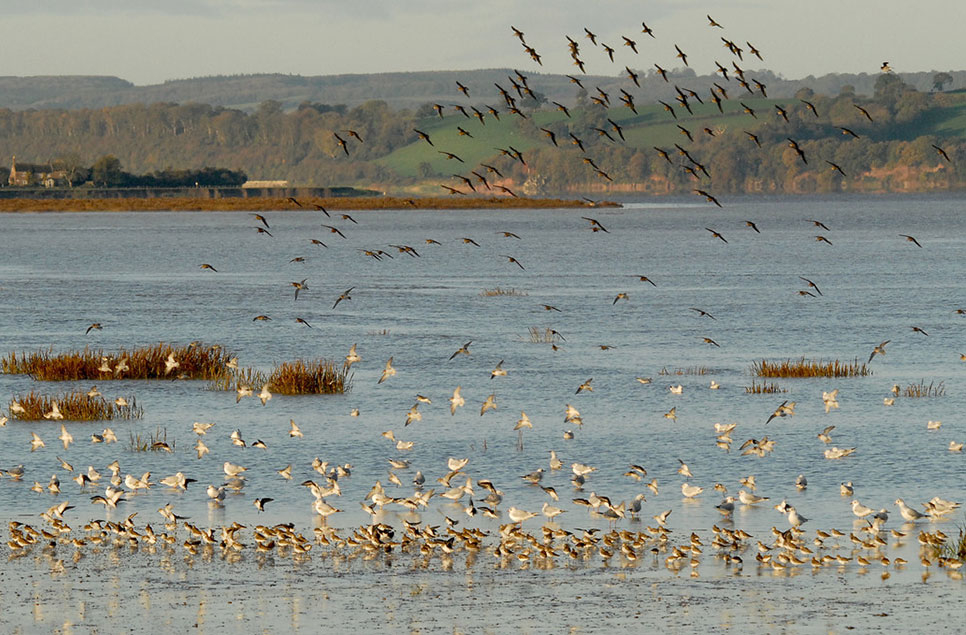
Marvellous murmurations: why do birds flock together?
Flocking birds are iconic sights in winter wetlands, when a group of birds come together in large numbers in flight or to forage. But why do they do it? We take a look at the bird behaviour behind flocking.
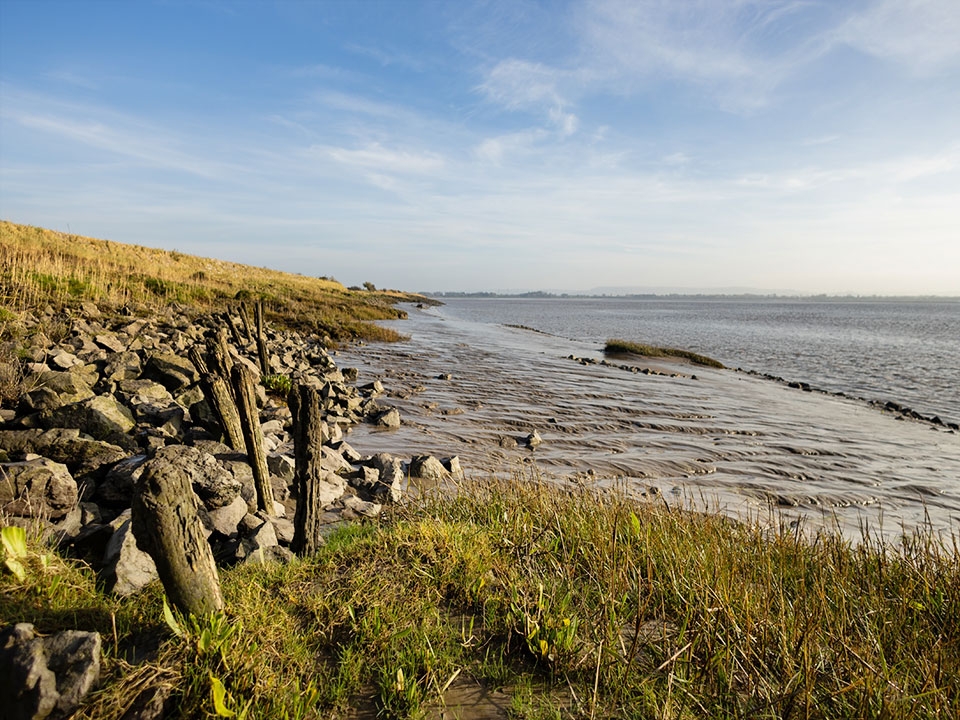
Answering your saltmarsh questions
Responding to questions we've had so far about our plans for saltmarsh restoration on the Awre peninsula.